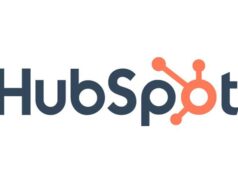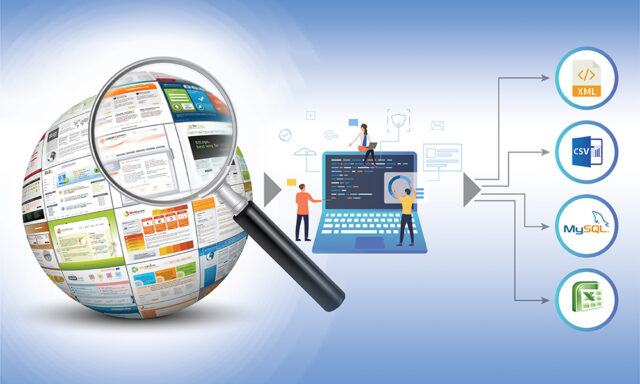
To run a successful business, owners are dependent on information. Owners need information on what the competitors are doing, how other brands market their products, what the consumers want, how consumers feel about the product, and more. In the past, this information was gathered manually by visiting physical shops of businesses and talking to competitors and consumers. However, the advances in technology have changed that.
With so many businesses moving online, most of their data and information is also online. While it’s still possible to manually collect this information, there are tools and techniques such as web scraping or harvesting that can automate the process. When you pair a web scraper with an IPv4 proxy, you can collect all the data you need to make informed business decisions. To find out more about IPv4 proxies and why you need to use one with your web scraper, click here.
In this introduction to web scraping, we’ll be covering the following topics:
- What is web scraping?
- Why do companies use web scraping?
- Pros and cons of web scraping
- Is web scraping legal?
1. What Is Web Scraping?
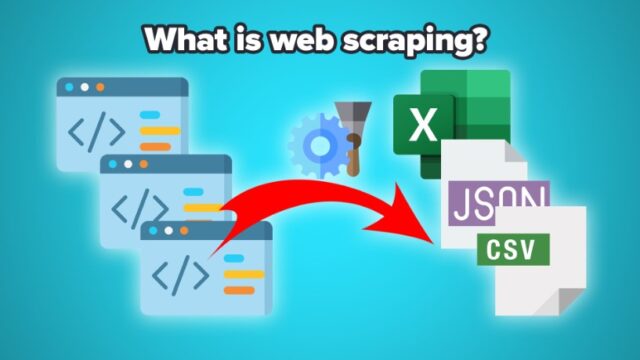
Web scraping can be described as the automated process of collecting data across websites. The collected data gets compiled into a single format, such as a spreadsheet, which can then be analyzed for important metrics. Previously, web harvesting was only available to programmers and individuals who knew coding language and could build their own web scraping tools. Now, there are also a few user-friendly options available that require no knowledge of coding. Examples of these web harvesting tools are Octoparse, ParseHub, and Smart Scraper.
It is important to know that it’s important to use a proxy when using a web scraper. Many websites know how to identify web scrapers and bots and will ban them. If you combine your web scraper with a reliable proxy, such as an IPv4 proxy, it will disguise your IP address and make it look like a real user (not a web scraper), and it won’t get blocked. Getting your web scraper blocked from sites can lead to unreliable data gathering, which you don’t want.
Areas That Can Benefit From Web Scraping
Most areas within any given business can benefit from having more data to rely on when making decisions. If you have compiled a list of all your competitors’ products and their prices, you can easily identify gaps in the market where you can introduce new products. You can also see the average prices of products and make sure you set your prices to be competitive.
For those looking to start an aggregator business, web scraping will be an essential tool to enable you to collect all the product listings, prices, descriptions, and more to make your business a success. However, when it comes to the uses of web harvesting for businesses, your imagination is the limit.
Here are some of the most common areas in that web scraping can be used:
- Pricing intelligence
- Financial planning
- Monitoring competitors
- Improving SEO
- Improving consumer relations
- Monitoring brand and consumer sentiment
- Product listings
- Market analysis
2. Why Do Companies Use Web Scraping?
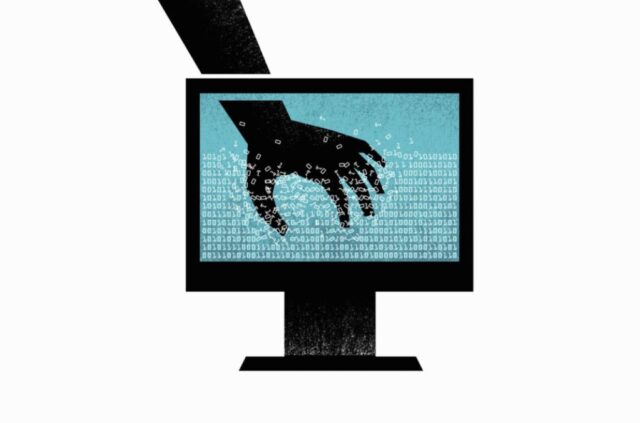
Companies use web harvesting tools to automate collecting the data needed to make business decisions. Can you imagine how long it would take for a person to browse through competitor websites and manually copy and paste the relevant information into a spreadsheet? Also, there is an increased chance of inaccurate data that can occur when the information isn’t correctly copied into the spreadsheet.
Using a web scraper can automate this entire process, freeing up time for your employees to spend on other things. It also ensures that the data is collected accurately and without human errors.
By using web scrapers, companies can quickly collect information regarding competitors’ prices to ensure their products are priced competitively. Businesses can also monitor brand sentiment by collecting all mentions of your brand and seeing what people are saying about you or your products. This can also help identify negative reviews to be addressed quickly before impacting the brand’s reputation. Web scraping can also be used to improve SEO. By scraping SERP results, you can see who outranks you for certain keywords and what you can do to improve your content to outrank competitors. There is so much that can be done with web harvesting to improve your business.
3. Pros and Cons of Web Scraping

Now that we’ve covered what web scraping is and why businesses use these tools let’s look at a few pros and cons.
Pros
- Automates collecting data
- Can collect a vast amount of data
- Fast
- Accurate
- Can run in the background without human interaction required
Cons
- Can be misused
- Can be banned when not using a proxy
4. Is web scraping legal?
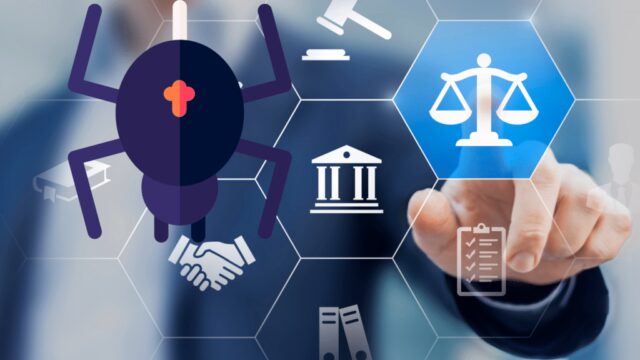
A lot of people have an incorrect understanding of web scraping and might even be convinced that this is an illegal activity. Such impressions might form when seeing individuals and businesses show disrespect to intellectual property rights and utilize web scraping tools to gather data without being given permission for that.
However, it is important to stress that by itself web scraping is not illegal. It is legitimate to scrape public data that is available on the web, and even though web scraping activities haven’t been clearly defined by law, many legal regulations had already been set in place to ensure that the misuse does not happen. Ethical web scraping is legal and individuals, as well as businesses, should not be afraid to use it for personal or business purposes.
Final Thoughts
Web scraping is becoming a popular process for many businesses as it allows you to collect a lot of data quickly and automatically. Using web harvesting tools gives you all the information you need to make informed business decisions at your fingertips. Look at a few different web scraping tools and a reliable IPv4 proxy to start collecting data now.



